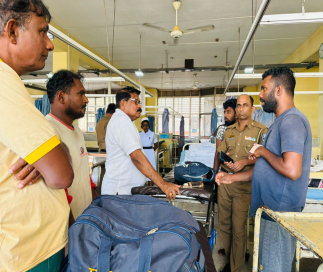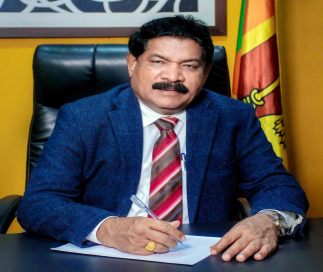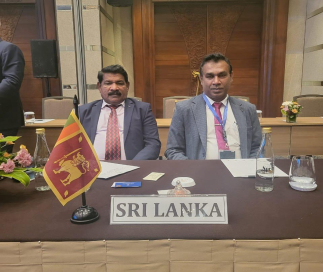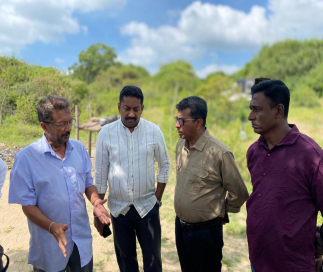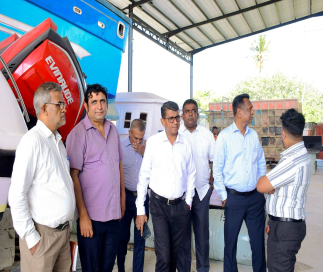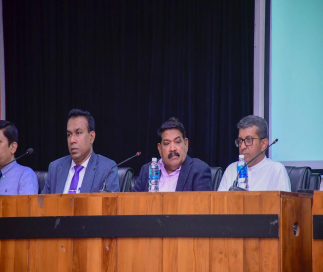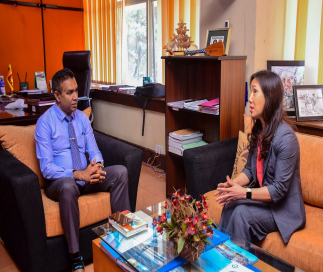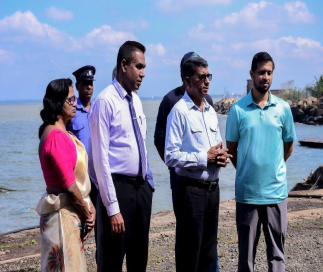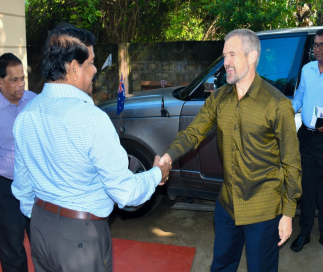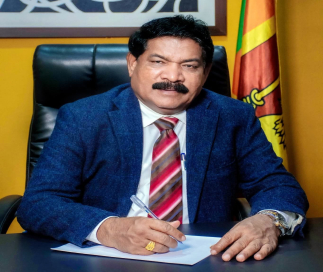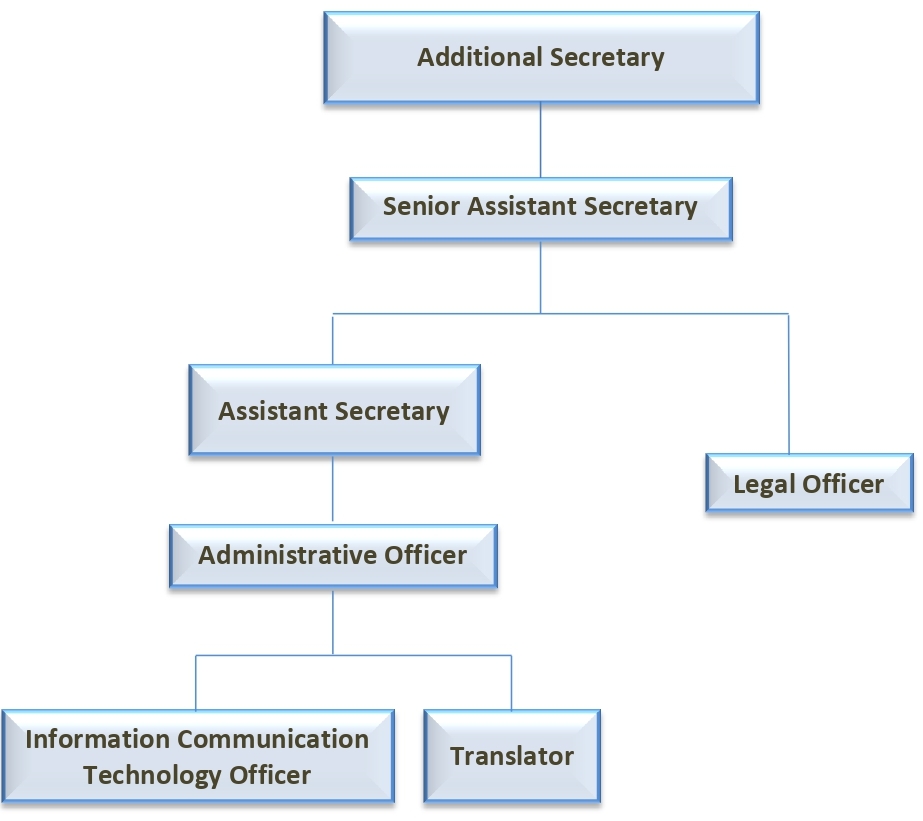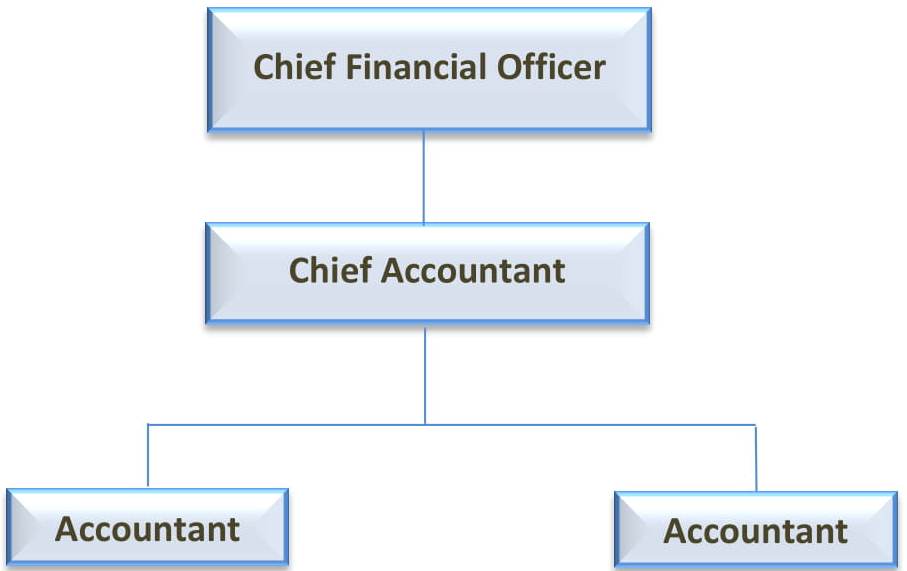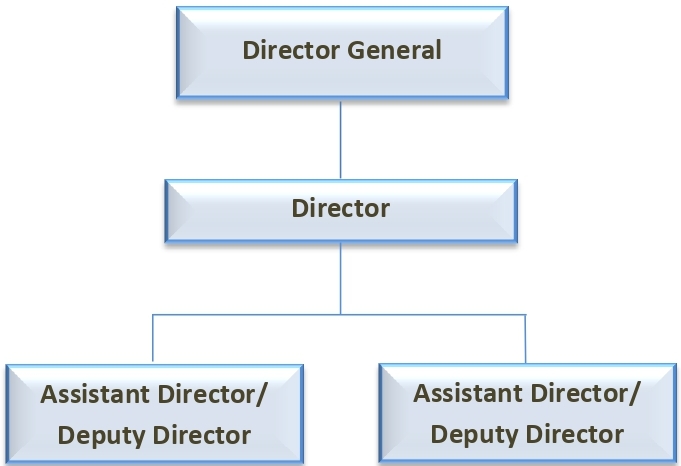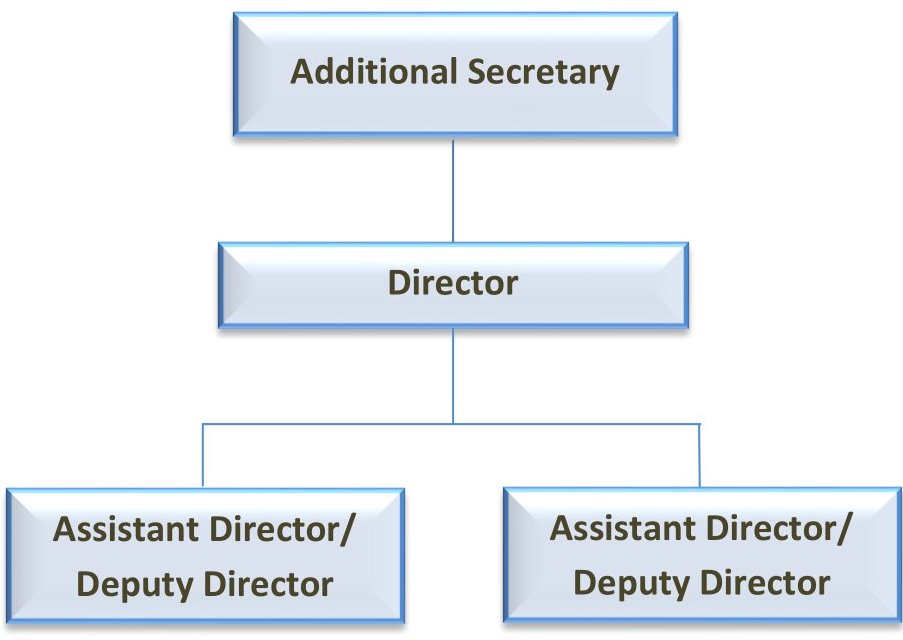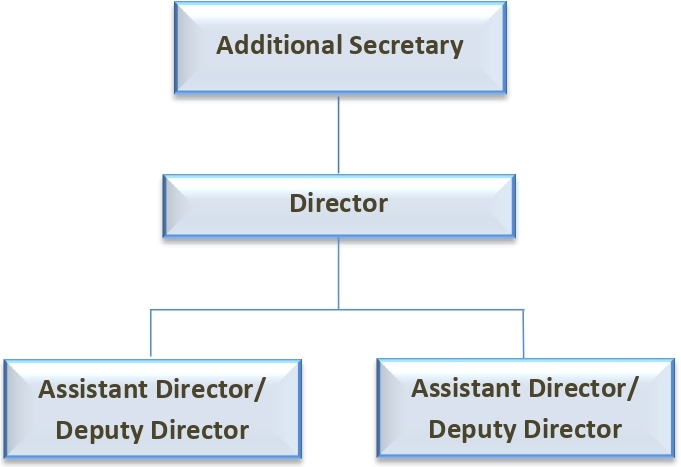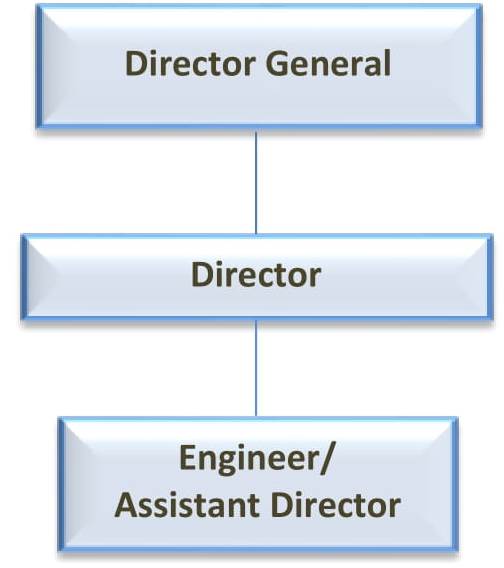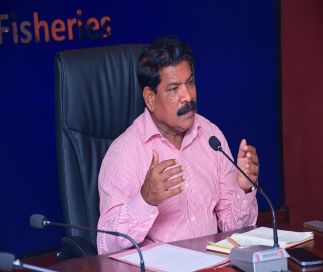
National Fisheries Federation Holds First Director Board Meeting...
The National Fisheries Federation held its first Director Board meeting for 2025 at the Ministry Auditorium on January 28, presided...

Thai Pongal Festival celebration
Mr. Ramalingam Chandrasekar, Minister of Fisheries, joined the Pongal Festival celebrations organized at the Prime Minister’s Office under the leadership...
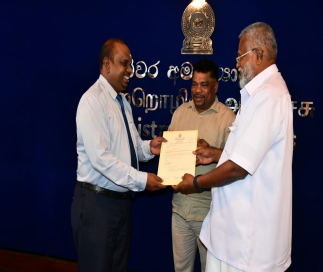
Mr. Suranga Prasath Hindalla Arachchi has been appointed...
Mr. Suranga Prasath Hindalla Arachchi has been appointed as the new Managing Director of Ceylon Fisheries Corporation by the Minister...
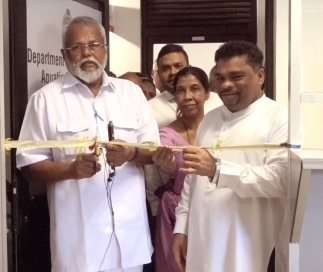
A new office complex of the quality control...
This quality control section was declared open on 26-01-2024 at Katunayake Airport premises, in order to fulfill the strong request...
- Call for quotations for the maintenance of the canteen at the head office of the National Aquatic Resources Research and Development Agency.
- Invitation to Bid for Provision of Cleaning and Pest Control Service in Central Fish Market Complex, Peliyagoda - 2025
- Invitation to bid for the provision of transport services to NARA - 2026






